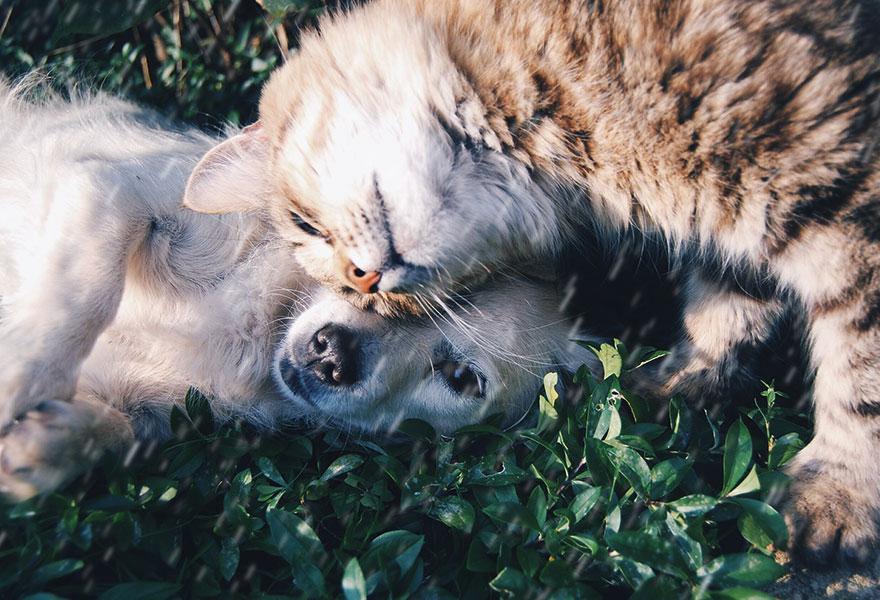
5 Ways to Make Sure that Your Senior Pet's Needs are Met
Share
As our pets grow older, their needs change. From nutrition to getting around the house or physical health, here are a few things you can do to make sure your furry companion is comfortable.
Our pets spend their entire lives with us. Since they were puppies or kittens, they have been by our side, and stood by us through thick and thin. However, aging is a natural process, and the best that we can do is make sure we're aware of their changing needs, so that our senior furbabies lead a comfortable old age.
Changes in the Ability to Move Around
Just as happens when humans age, our cats and dogs also slow down when they grow older. This is because either old injuries flare up or they might start getting arthritic, so they tend to move slower. What you could do to make moving around the house easier for them is provide them with ramps to areas they would like to climb up to but can't anymore, give them an orthopedic bed, make sure their pet food bowls are elevated, and even small things like not making them come to you when they're sleeping or resting.
Changes in Levels of Anxiousness
Sometimes, senior pets have a harder time handling stress. Things that wouldn't bother them earlier, might become amplified, such as separation anxiety. If you notice anxious or more aggressive behavior, you should consult your vet immediately so that your feline or canine buddy is properly examined for any pressing underlying issue.
You can ease your pet's anxiety by keeping floors clear of clutter, taking short but frequent walks, playing games or food puzzles to increase their mental stimulation and allowing them extra space from strangers, whether indoors or in public. A consistent routine can also help with separation anxiety.
Changes in Nutritional Needs
Older pets might have the same appetite but can't burn calories like they used to, and so, obesity becomes a major health issue. This happens because not only is their energy and activity level low, but also there's a shift in their general calorie intake needs.
As humans age, our metabolism, too, slows down, and we need less food to maintain a consistent weight. It's the same with dogs and cats. While they may act as hungry and crazy for treats as ever, their body isn't burning calories the same way, so they gain weight. Then it's time to shift to adult dog food or adult cat food, which is specially designed to have fewer calories, more fibre and less fat, along with extra nutritional supplements.
Changes in Grooming Needs
As they age, animals often experience changes in skin, coat and even their nails. Their skin can become dry and their coat can become coarse. They can also be more prone to injury as their skin grows thinner. Their nails can also get more brittle, so they might also need trimming or looking after since they're not filing their nails through different activities. Older pets also need help with grooming themselves, so you might need to increase the number of times you brush their coat and wipe them down. It's also a great opportunity for you to spend some time with them and also check them for any new lumps, bumps or pains.
A Need to Keep Warm
Animals love cozy beds, and older animals love them even more as it's not easy to regulate body temperature anymore. A dog who could handle being outside all day on a chilly day, will likely need a sweater when out and more time inside. A cat who does fine without being covered with a blanket, might need extra padding when it gets colder. Helping your pet keep their body temperature up will minimize joint stiffness and muscle aches. It might also help them be less likely to fall sick.